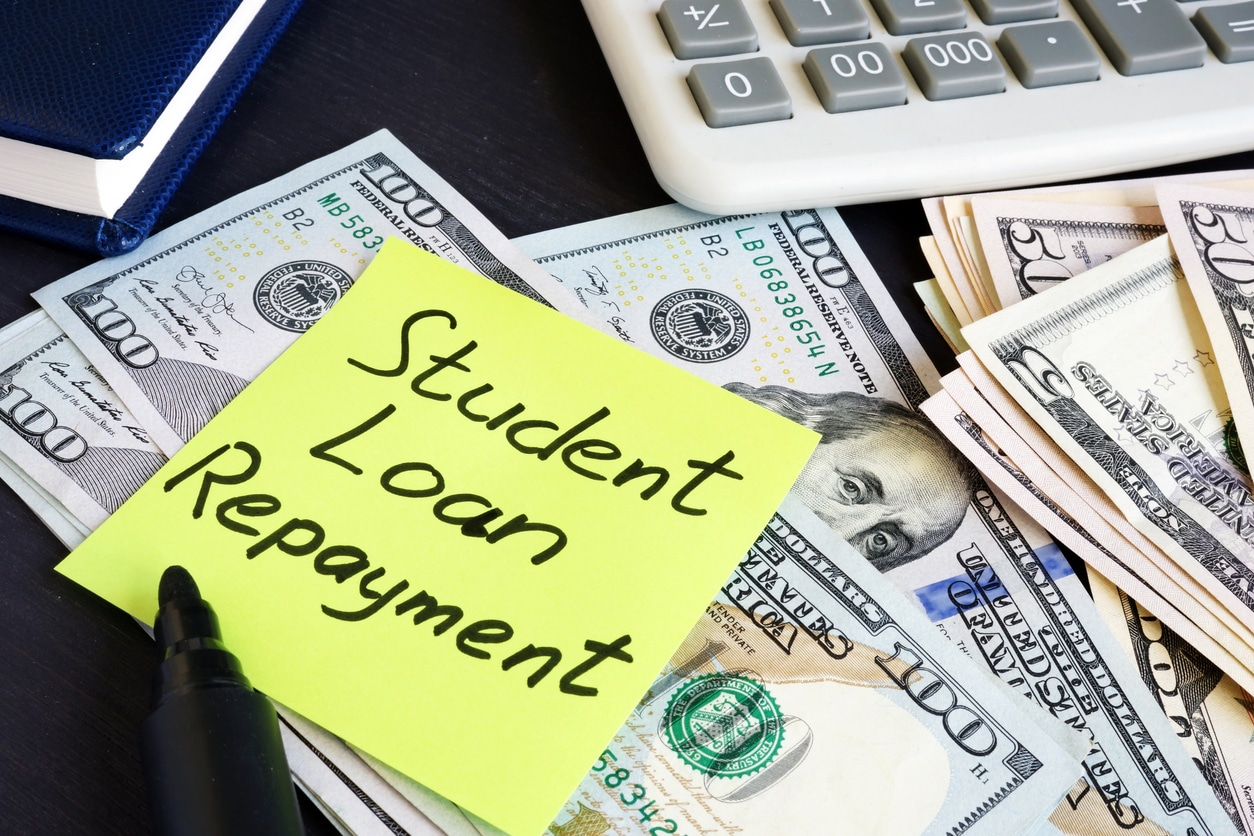Private student loan payments can represent a significant financial burden, but there are strategies to help lower your monthly payments. Here’s an in-depth guide on how you can do
Refinancing Your Loan
Refinancing involves taking out a new loan, usually with better terms, to repay your existing student loan. Refinancing primarily aims to get a lower interest rate, which reduces your monthly payments and can save you money over time. Lenders usually offer the best rates to borrowers with strong credit scores and stable incomes. However, it’s important to know that when you refinance federal loans, you lose benefits like income-driven repayment plans and potential loan forgiveness.
Extend Your Loan Term
If you need help with monthly payments, consider extending your loan term. This means you’ll repay the loan over a more extended period, reducing monthly payments. But remember, the longer you take to pay off the loan, the more interest you’ll pay. It’s essential to strike a balance between affordable payments and total interest paid over the life of the loan.
Enroll in an Autopay Plan
Many lenders offer a small discount on the interest rate, usually around 0.25%, to borrowers who set up automatic monthly payments from their bank account. This could reduce your monthly payment amount.
Consider Graduated Repayment Plans
Some lenders offer graduated repayment plans. These plans start with lower payments that increase over time. If you expect your income to rise, this might be a suitable option. It can keep payments low in the short term, but it’s also essential to consider the long term implications.
Ask for a Modification or Forbearance
Contact your lender and request a loan modification if you’re facing financial hardship. They might be willing to reduce your interest rate or principal balance temporarily. Lenders sometimes offer forbearance, which lets you pause your payments for a specified period. Interest usually accrues during forbearance, so this should be a last resort.
Make a Budget and Prioritize Payments
This isn’t a way to reduce your loan payment amount, but it can help you manage your payments more effectively. Create a budget to track your income and expenses. Prioritize your loan payments and cut back on non-essential expenses. Try to make extra payments to reduce the principal balance faster.
Improve Your Credit Score
A higher credit score can help you secure better terms if you refinance your loan. Regularly review your credit reports, pay your bills on time, reduce your debt-to-income ratio, and avoid opening too many new credit accounts simultaneously. Remember, the options available may vary based on your lender, loan agreement, and financial situation. It’s important to consider your options carefully and, if necessary, consult with a financial advisor before making any decisions.
Conclusion
There are various methods available to lower your private student loan payments. Refinancing your loans to get a lower interest rate, extending your loan term to reduce monthly payments, enrolling in autopay plans for interest rate discounts, considering graduated repayment plans, negotiating a loan modification or forbearance with your lender, budgeting and prioritizing payments, and improving your credit score can all be effective strategies. Each approach has its benefits and drawbacks, so it’s crucial to thoroughly consider your financial situation, current and future income, and the specific terms of your loans before choosing the best strategy. Remember that while the primary goal might be to reduce your monthly payment, the total cost of the loan over its life is also essential to consider. Lowering monthly payments often results in paying more over time due to the accumulation of interest. Always try to balance your current financial comfort with your long-term financial health. Finally, always contact a financial advisor or your loan servicer for guidance. They can help you understand the implications of your decisions and provide more personalized advice. You are right to seek clarity about your debts and the available options to manage them effectively.
FAQs
Can I refinance my private student loan more than once?
Yes, there is no limit to how many times you can refinance your student loans. You can secure a lower interest rate if your credit score has improved or interest rates have decreased since your last refinance.
Will extending my loan term significantly increase the total amount I pay?
Yes, generally, extending your loan term will reduce your monthly payments but increase the total amount you repay over the life of the loan due to the accrual of more interest. However, if the reduced monthly payments help you avoid late fees or defaulting on your loan, it may still be a worthwhile option.
How does a graduated repayment plan work?
With a graduated repayment plan, your payments start low and increase, typically every two years. The idea is to match your payment schedule with your expected income growth. Be aware that you’ll pay more in interest over the loan life compared to a standard repayment plan.












